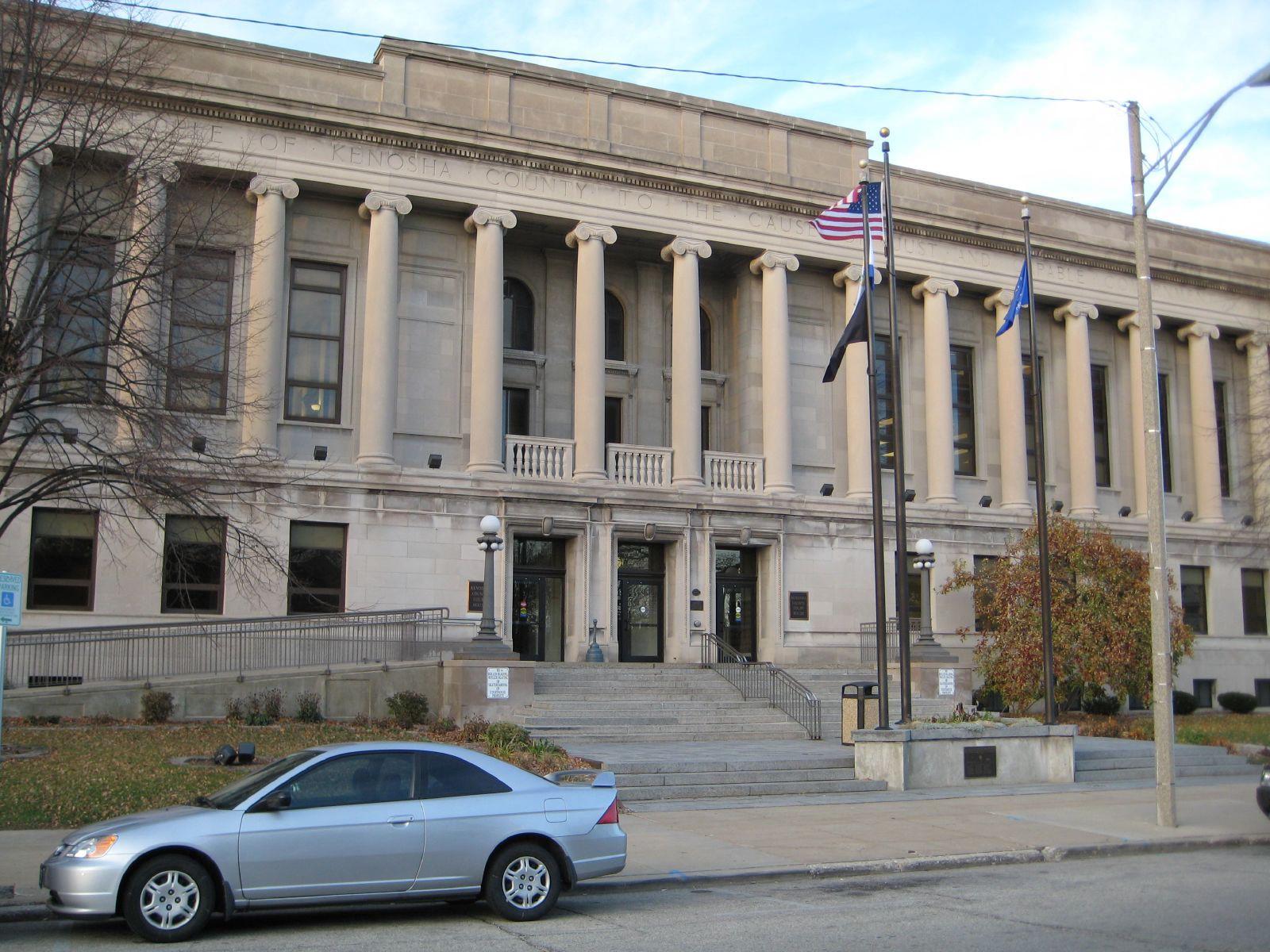Ex-DA faces suspension after failing to disclose that cop planted evidence in murder case
An 85-page report filed with the Wisconsin Supreme Court by retired Circuit Judge Dennis Flynn found that former Kenosha County District Attorney Robert Zapf committed multiple instances of professional misconduct — and that Zapf deserves to be suspended from practicing law and prohibited from ever again being a prosecutor. The violations go back to to Zapf’s conduct when he […]

An 85-page report filed with the Wisconsin Supreme Court by retired Circuit Judge Dennis Flynn found that former Kenosha County District Attorney Robert Zapf committed multiple instances of professional misconduct — and that Zapf deserves to be suspended from practicing law and prohibited from ever again being a prosecutor.
The violations go back to to Zapf’s conduct when he was prosecuting Markese Tibbs and Joseph-Jamal Brantly for the murder of Anthony Edwards. Although Zapf had a duty to disclose Kenosha Officer Kyle Baars’ misconduct — which involved planting a .22 caliber bullet and Tibbs’ ID card at a house that was searched as part of the investigation — he did not promptly share the information. In fact, Zapf went so far as to keep Baars on the prosecution’s witness list despite knowing that Baars had resigned as a result of his flagrant misdeeds.
Baars did not testify at trial, although another police officer testified about finding the ID card and bullet, and photos of both were shown the jury with no mention that Baars had planted them.
Zapf only disclosed the information when Brantly’s criminal trial was almost over. By that point, Tibbs had already cut a deal and agreed to testify against Brantly.
According to the Milwaukee Journal Sentinel, “Only after the defense had rested did Zapf tell the judge there were problems with that evidence, and that Baars had resigned.”
Despite protestations by defense counsel that the misconduct justified a mistrial, the trial court denied their motion.
Brantley was convicted and sentenced to 23 years in prison. Tibbs was sentenced to 16 years in prison.
The Wisconsin Office of Lawyer Regulation later filed three counts against Zapf.
Zapf sought to defend himself by claiming that “the evidence planting information was not relevant, material or exculpatory.” Zapf also asserted that he only had to disclose written reports about misconduct, and because he learned about Baars’ “planting” and subsequent resignation orally (from, among others, the Chief of Police), he somehow did not have an affirmative duty to share the information with the defense.
Flynn flatly rejected Zapf’s excuses.
“The extraordinary evidence of a KPD officer planting evidence in a homicide case and then subsequently resigning because of that misconduct was exculpatory evidence in and of itself,” Flynn wrote. “This is so whether the planted evidence is determined to be relevant or not in the case.”
Flynn also emphasized that the role of prosecutors is to ensure “that justice shall be done,” and noted that the Mission Statement for the Kenosha County District Attorney’s Office that prosecuted Tibbs and Brantley says, in part:
… It is important to keep in mind that the District Attorney is the gatekeeper to the criminal justice system. As such, his job is not merely to obtain convictions but to seek justice.
Flynn also dismissed Zapf’s argument that the strength of other evidence against Tibbs and Brantly somehow lessened the degree of his responsibility and ultimate wrongdoing:
The law presumes honesty and integrity by those who make gatekeeping decisions regarding the production of exculpatory evidence. … Respondent confused his belief in the strength of his case and the guilt of the persons he charged with crimes with the right those persons have to fundamental fairness in the trial process.
The Wisconsin Supreme Court, which appointed Flynn as a “referee” to gather evidence, conduct hearings, and offer his recommendations, will make the final decision on Zapf’s culpability and punishment. According to the Wisconsin Courts System, “The Supreme Court reviews referee reports and independently determines whether to accept the referee’s recommendation.”
Baars, the officer involved, eventually pleaded guilty to felony misconduct and was sentenced to a year of probation.
Zapf chose not to seek reelection as Kenosha County District Attorney in 2016.
